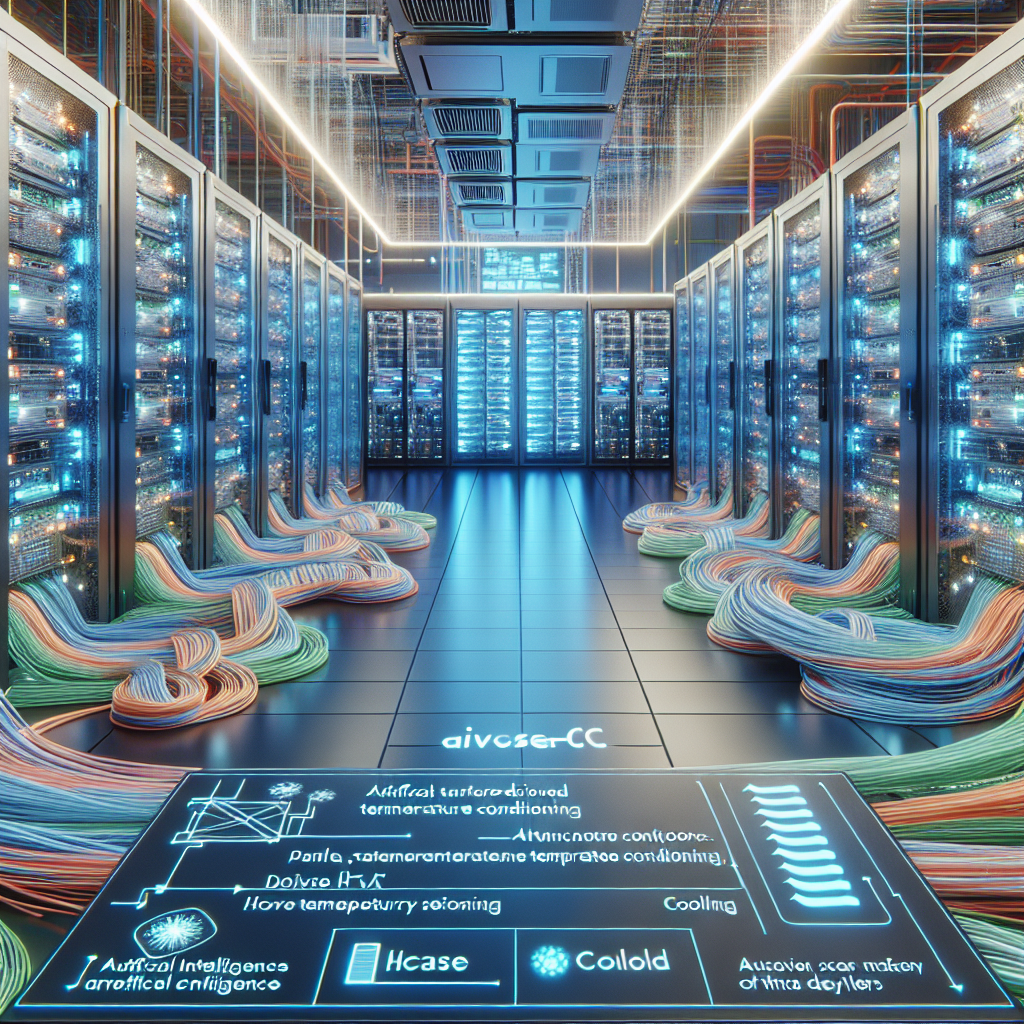Your cart is currently empty!
Innovations in Data Center HVAC Technology

Innovations in Data Center HVAC Technology
Data centers are the backbone of the digital world, housing the servers and equipment that store and process vast amounts of information. With the increasing demand for data storage and processing power, data center operators are constantly seeking ways to improve efficiency and reduce energy consumption. One key area of focus is the HVAC (heating, ventilation, and air conditioning) systems that regulate the temperature and humidity levels in data centers.
In recent years, there have been significant advancements in HVAC technology that have revolutionized the way data centers are cooled and maintained. These innovations have not only improved the efficiency and reliability of data center operations but have also helped reduce their environmental impact.
One of the most notable innovations in data center HVAC technology is the use of modular cooling systems. These systems consist of smaller, self-contained units that can be easily scaled and installed to meet the specific cooling needs of a data center. This modular approach allows data center operators to quickly adapt to changes in workload and cooling requirements, resulting in improved energy efficiency and reduced operating costs.
Another important innovation in data center HVAC technology is the use of liquid cooling systems. Unlike traditional air-cooling systems, which rely on fans and ductwork to circulate cool air, liquid cooling systems use water or other liquids to absorb and dissipate heat from the servers. This method is much more efficient at removing heat and can significantly reduce the energy consumption of data center cooling systems.
Additionally, advancements in control systems and monitoring tools have enabled data center operators to optimize their HVAC systems for maximum efficiency. These systems can automatically adjust cooling levels based on workload and environmental conditions, ensuring that servers are kept at the optimal temperature without wasting energy.
Furthermore, the use of free cooling technology has become increasingly popular in data centers. Free cooling systems harness the natural cooling power of the environment, such as cold outside air or groundwater, to cool the servers without the need for mechanical refrigeration. This not only reduces energy consumption but also helps lower operating costs and carbon emissions.
Overall, the innovations in data center HVAC technology have transformed the way data centers are cooled and maintained. By implementing modular cooling systems, liquid cooling technology, advanced control systems, and free cooling solutions, data center operators can achieve significant improvements in efficiency, reliability, and sustainability. As the demand for data storage and processing continues to grow, these innovations will play a crucial role in ensuring that data centers can meet the needs of the digital age while minimizing their environmental impact.

Leave a Reply